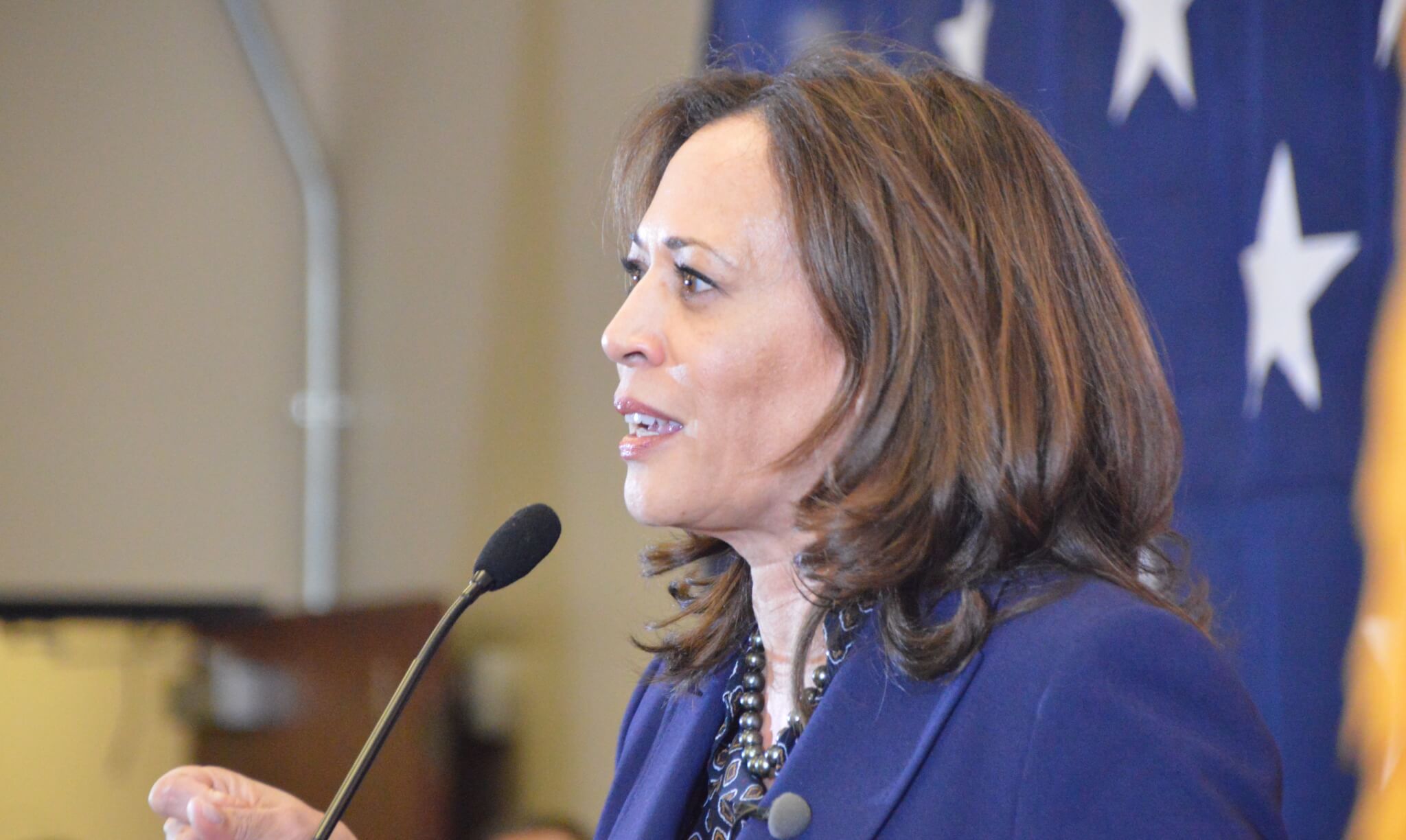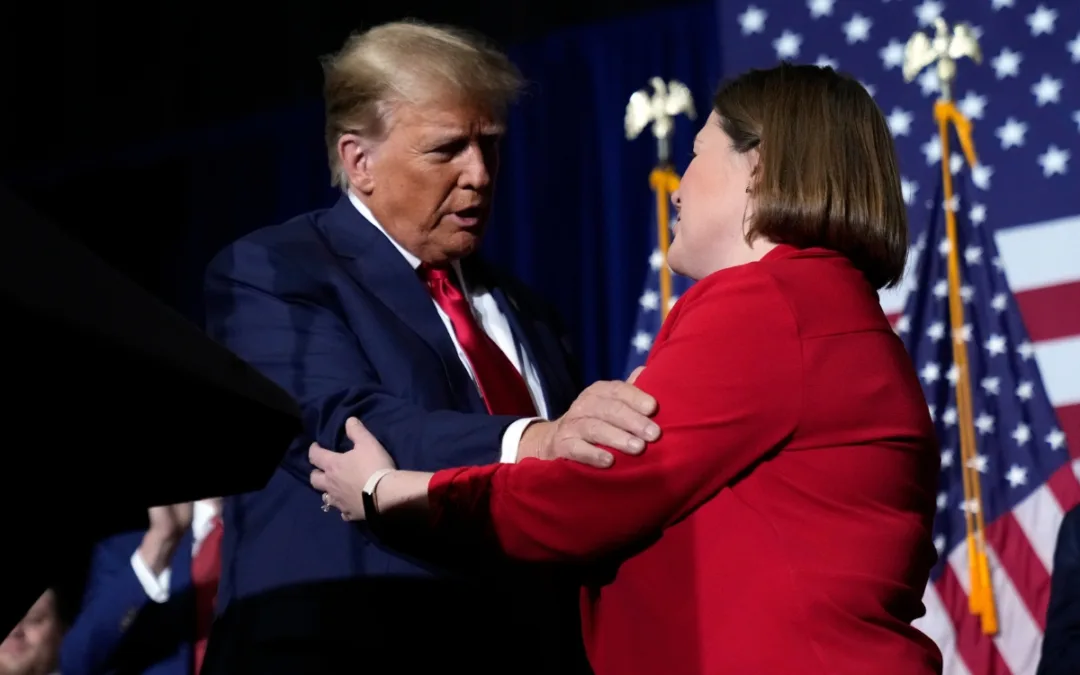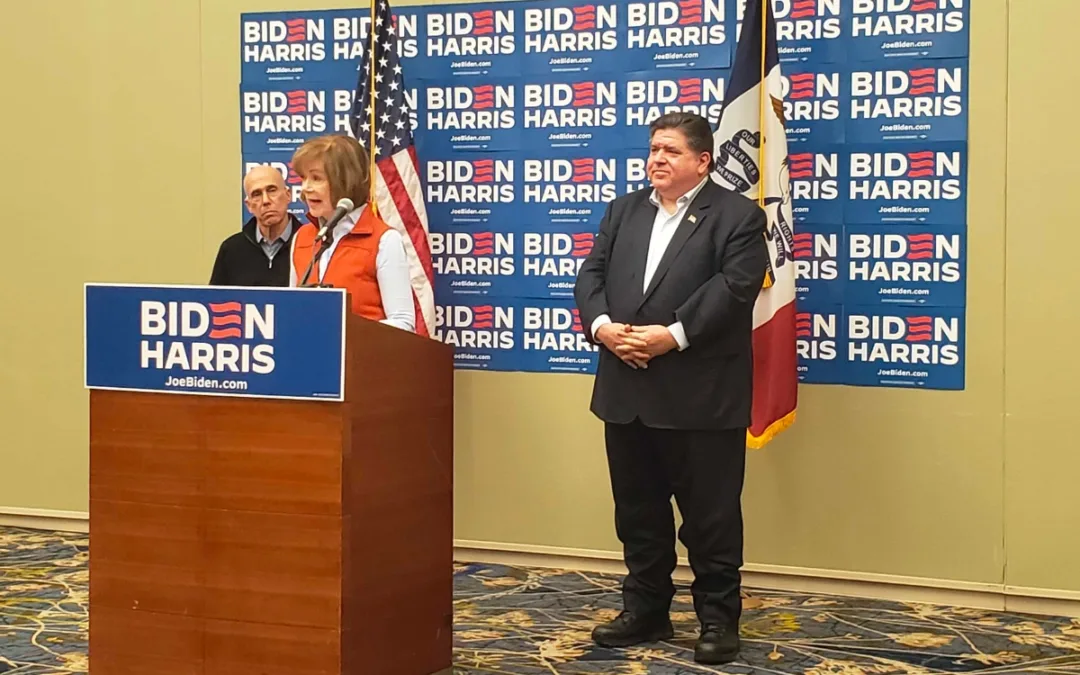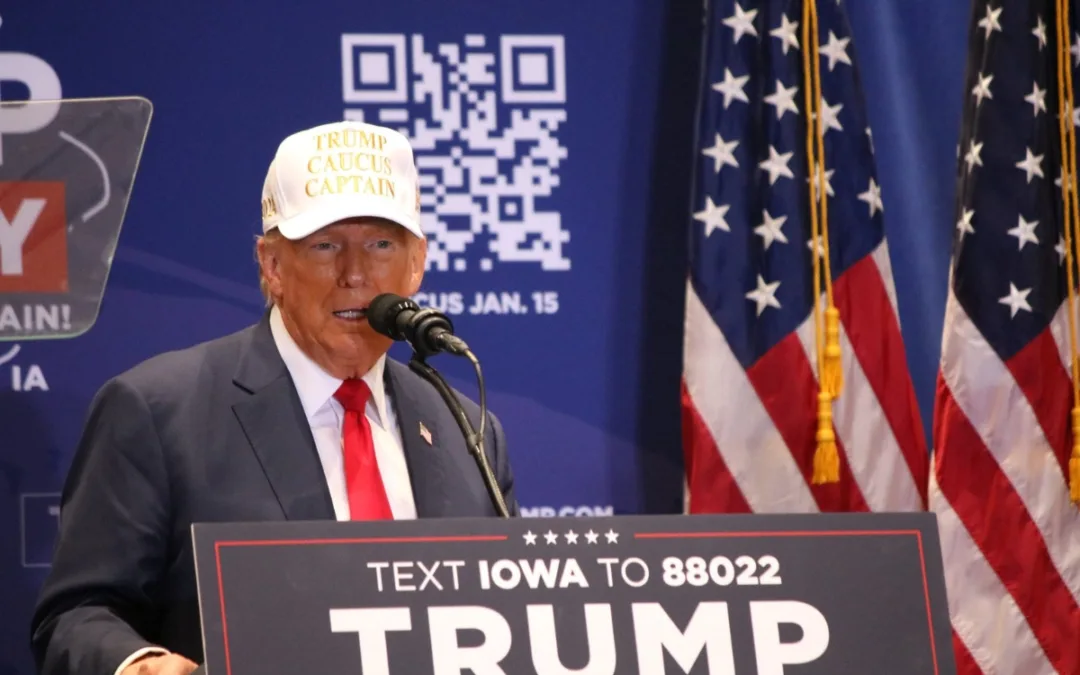
National attention on abortion access has been heightened this year with states like Alabama and Missouri passing strict laws limiting women’s ability to access the procedure.
This has prompted many presidential candidates to speak out and offer their thoughts and plans.
In late May, Sen. Kamala Harris announced a plan to prevent states from dramatically restricting access to abortion in the future.
Under Harris’s plan, called the Reproductive Rights Act, any state that passed policy that violated Roe v. Wade in the past 25 years would have to go through the Department of Justice to make any new changes to state abortion policies.
A law passed by any of these states would be unenforceable until the DOJ reviewed the law and weighed in. States would also have the responsibility to prove the constitutionality of their laws.
Miryam Lipper, Harris’s Iowa spokeswoman, said the plan is a response to the legislatures across the country that have passed restrictive abortion laws in the past few years.
“[Harris] created this policy to mirror the system set out in the Voting Rights Act, so the federal government can serve as a backstop for unconstitutional laws,” Lipper said.
This includes Iowa.
If implemented, the plan would target Iowa’s record of attempting to restrict abortion access and influence its ability to pass new abortion legislation in the future.
Recent abortion-related policies in Iowa have included the 2018 fetal heartbeat bill and a 2017 bill meant to impose a 72-hour waiting period for women seeking abortions. Both were struck down by the judiciary in Iowa.
Current Iowa law limits most abortions at 20 weeks, and the Iowa Supreme Court has ruled that the Iowa Constitution guarantees women a right to abortion access.
In June 2018, the Iowa Supreme Court ruled that requiring a woman wait 72 hours before receiving an abortion violates the Iowa Constitution. That ruling inspired Judge Michael Huppert’s reasoning for declaring Iowa’s fetal heartbeat bill unconstitutional in January of this year.
These failed policies would make Iowa subject to pre-clearance from the DOJ for any policies or plans related to abortion access that the legislature pursues in the future.
“Senator Harris has been extremely concerned that states around the country have passed restrictive law that essentially ban abortion, and she believes that access to healthcare is a fundamental right,” Lipper said. “[She] believes that states with a record of violating Roe should bear the responsibility of proving constitutionality first.”
[inline-ad id=”0″]
In an MSNBC town hall on May 28, Harris said, “When I’m elected, states that have a history of passing legislation designed to prevent or limit women’s access to reproductive health care will be required to come before my Department of Justice. Until we determine their laws are constitutional, they will not take effect.”
Lipper said the policy is meant to ease the strain for women’s rights groups that often sue states over abortion restrictions.
Organizations that support access to abortion have been supportive. NARAL Pro-Choice America, a nonprofit organization that works to expand abortion access in the United States, is among those.
“With reproductive freedom under attack nationwide, we’re heartened to see Senator Kamala Harris rolling out a bold plan to defend our fundamental rights,” said Sasha Bruce, the senior vice president for NARAL. “Every candidate in this field should know it’s not enough to simply call yourself pro-choice. All candidates need to back up their words with a concrete plan for action, especially given the tenuous thread by which reproductive freedom hangs.”
Alabama, Missouri, Georgia and South Carolina are some other states that would be affected, though it would apply to any state with a record of pursuing laws that violate Roe v. Wade.
Though Gov. Kim Reynolds has decided not to appeal the judge’s decision on the fetal heartbeat bill, Iowa Republican legislators are still working to restrict abortion rights by changing the makeup of the state’s judiciary.
At the beginning of May, Reynolds signed legislation putting her in more direct control over the nominating process for judges on Iowa’s Supreme Court.
by Nikoel Hytrek
Posted 6/6/19
Politics

It’s official: Your boss has to give you time off to recover from childbirth or get an abortion
Originally published by The 19th In what could be a groundbreaking shift in American workplaces, most employees across the country will now have...

Trump says he’s pro-worker. His record says otherwise.
During his time on the campaign trail, Donald Trump has sought to refashion his record and image as being a pro-worker candidate—one that wants to...
Local News

No more Kum & Go? New owner Maverik of Utah retiring famous brand
Will Kum & Go have come and gone by next year? One new report claims that's the plan by the store's new owners. The Iowa-based convenience store...

Here’s a recap of the biggest headlines Iowa celebs made In 2023
For these famous Iowans, 2023 was a year of controversy, career highlights, and full-circle moments. Here’s how 2023 went for the following Iowans:...





